Fortress of Dark and Stern
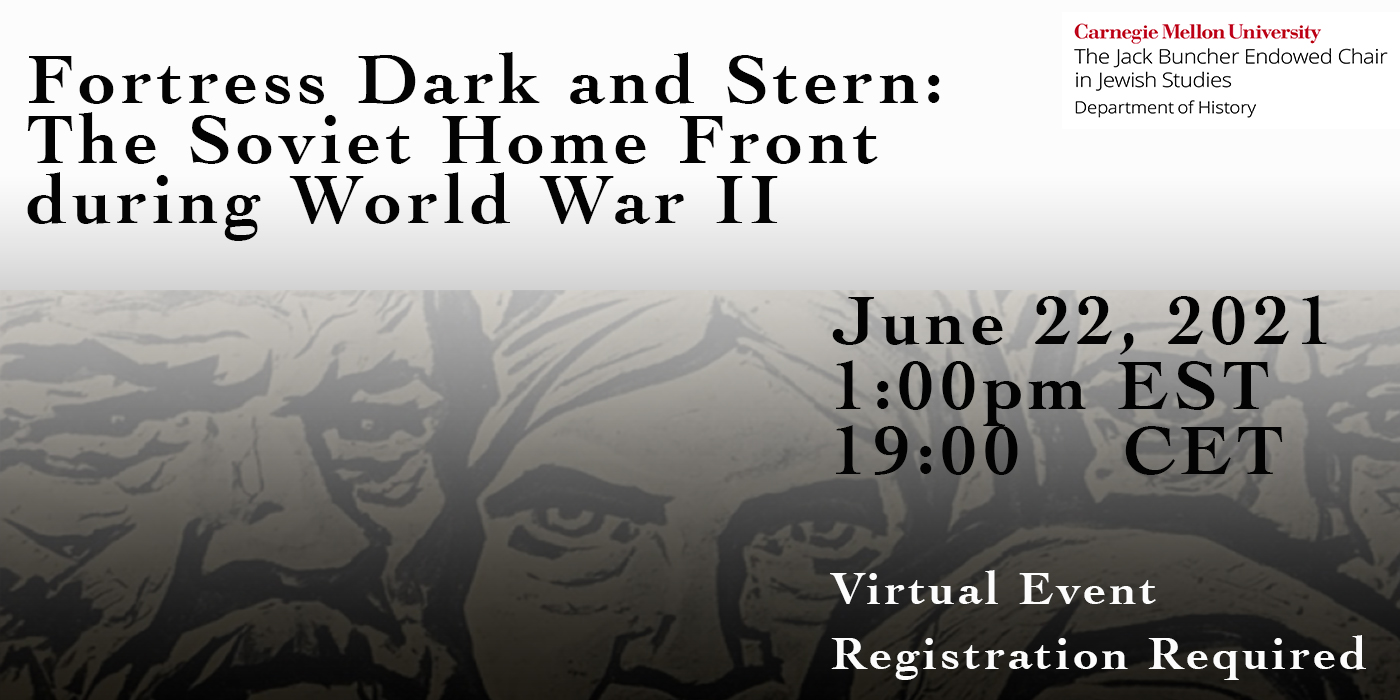
On the occasion of the 80th anniversary of the Nazi invasion of the Soviet Union on June 22, 1941, please join us for a discussion of Fortress Dark and Stern: The Soviet Home Front During World War II by Wendy Z. Goldman and Donald Filtzer (Oxford University Press, 2021) with the authors, and Edward Serotta, Founder and Director of Centropa.
The book is the first archivally-based, comprehensive history of the Soviet home front during World War II and of the civilians who played a critical role in the global victory over fascism. After Hitler's invasion of the Soviet Union in 1941, German troops seized the heartland of Soviet industry and agriculture and turned the occupied territories into mass killing fields. The Red Army, overpowered by the blitzkrieg, fell back in disarray. Yet in contrast to the initial military disaster, the state's policies on the home front were far more effective. Fortress Dark and Stern chronicles this epic story: the evacuation of industry, rationing of a dwindling food supply, public health and epidemics, and the civilian labor draft. Focusing on the impact of total war, it examines the efforts of ordinary people who withstood starvation and horrific conditions to provision the front and make the Allied victory possible. It tells the stories of evacuees, refugees, teenaged and women workers, runaways from work, prisoners, and deportees.
The book is moreover the first scholarly history to draw extensively on the Centropa archive oral history interviews.
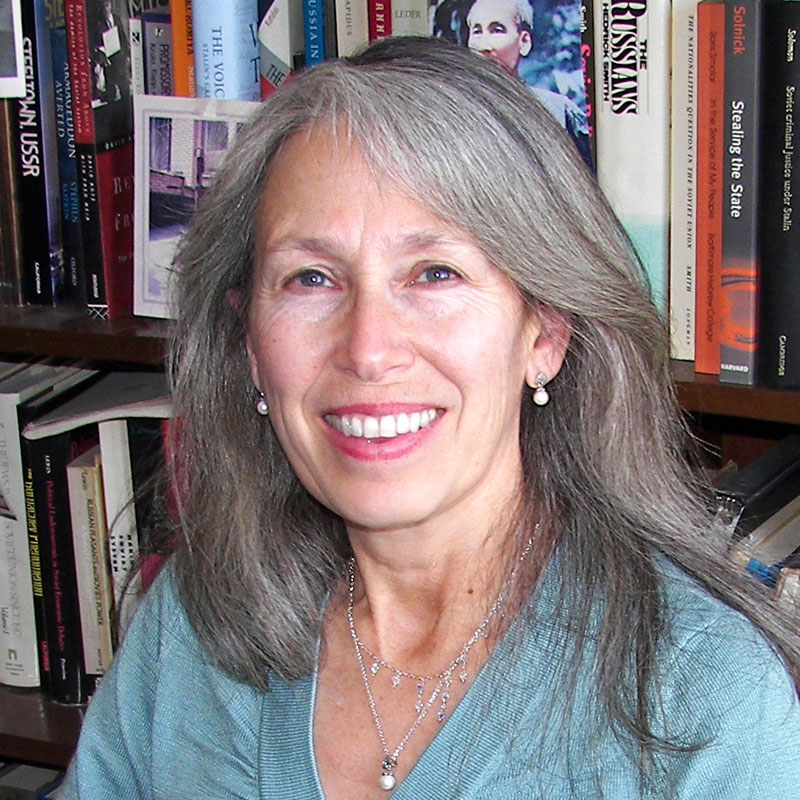 Wendy Z. Goldman is the Paul Mellon Distinguished Professor of History at Carnegie Mellon University. Her early work focused on family policy, women, and industrialization in the Soviet Union. She wrote about Stalinist repression in Terror and Democracy in the Age of Stalin: The Social Dynamics of Repression (2007) and Inventing the Enemy: Denunciation and Terror in Stalin’s Russia (2011.) More recently, she focused on World War II in Hunger and War: Food Provisioning in the Soviet Union During World War II (Indiana University Press, 2015) (co-editor Donald Filtzer.) Her books and articles have been translated into Russian, Czech, Spanish, Portuguese, Italian, German, and Japanese
Wendy Z. Goldman is the Paul Mellon Distinguished Professor of History at Carnegie Mellon University. Her early work focused on family policy, women, and industrialization in the Soviet Union. She wrote about Stalinist repression in Terror and Democracy in the Age of Stalin: The Social Dynamics of Repression (2007) and Inventing the Enemy: Denunciation and Terror in Stalin’s Russia (2011.) More recently, she focused on World War II in Hunger and War: Food Provisioning in the Soviet Union During World War II (Indiana University Press, 2015) (co-editor Donald Filtzer.) Her books and articles have been translated into Russian, Czech, Spanish, Portuguese, Italian, German, and Japanese
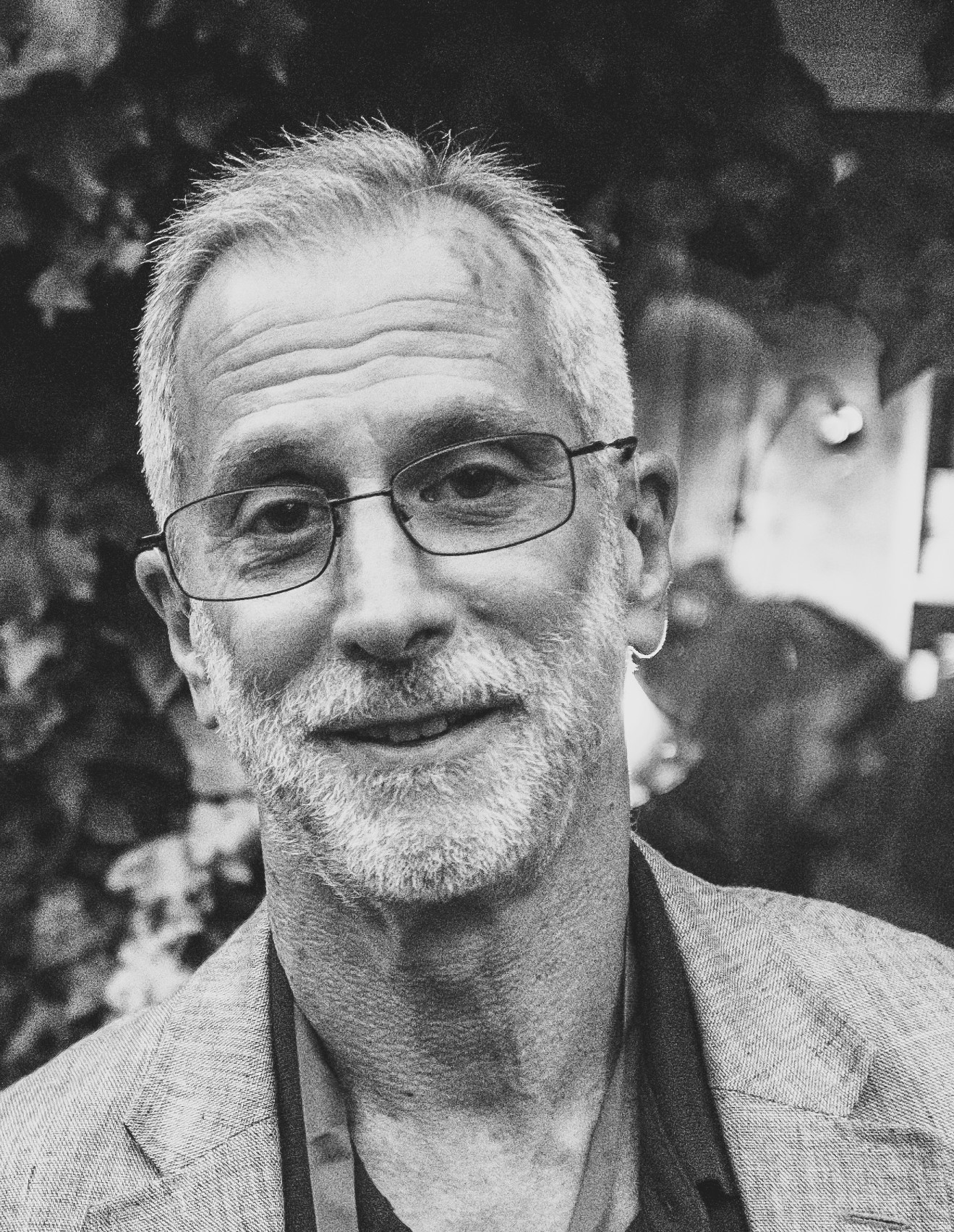 Donald Filtzer is Emeritus Professor of Russian History at the University of East London in the United Kingdom. He is a labour historian, and has authored a series of monographs on the history of Soviet workers during the Stalin, Khrushchev, and Gorbachev periods: Soviet Workers and Stalinist Industrialization: The Formation of Modern Soviet Production Relations, 1928-1941 (1986), Soviet Workers and De-Stalinization: The Consolidation of the Modern System of Soviet Production Relations, 1953-1964 (1992), Soviet Workers and the Collapse of Perestroika: The Soviet Labour Process and Gorbachev's Reforms, 1985-1991 (1994); Soviet Workers and Late Stalinism: Labour and the Restoration of the Stalinist System After World War Two (2002), and The Hazards of Urban Life in Late Stalinist Russia: Health, Hygiene, and Living Standards, 1943-1953 (2010). The latter two have been translated into Russian. With Wendy Goldman he co-edited Hunger and War: Food Provisioning in the Soviet Union During World War II (2015). He is currently preparing a revised edition of Soviet Workers and Stalinist Industrialization, hopefully to be followed by a final monograph, Health, Disease, and Mortality on the Soviet Home Front During World War II.
Donald Filtzer is Emeritus Professor of Russian History at the University of East London in the United Kingdom. He is a labour historian, and has authored a series of monographs on the history of Soviet workers during the Stalin, Khrushchev, and Gorbachev periods: Soviet Workers and Stalinist Industrialization: The Formation of Modern Soviet Production Relations, 1928-1941 (1986), Soviet Workers and De-Stalinization: The Consolidation of the Modern System of Soviet Production Relations, 1953-1964 (1992), Soviet Workers and the Collapse of Perestroika: The Soviet Labour Process and Gorbachev's Reforms, 1985-1991 (1994); Soviet Workers and Late Stalinism: Labour and the Restoration of the Stalinist System After World War Two (2002), and The Hazards of Urban Life in Late Stalinist Russia: Health, Hygiene, and Living Standards, 1943-1953 (2010). The latter two have been translated into Russian. With Wendy Goldman he co-edited Hunger and War: Food Provisioning in the Soviet Union During World War II (2015). He is currently preparing a revised edition of Soviet Workers and Stalinist Industrialization, hopefully to be followed by a final monograph, Health, Disease, and Mortality on the Soviet Home Front During World War II.
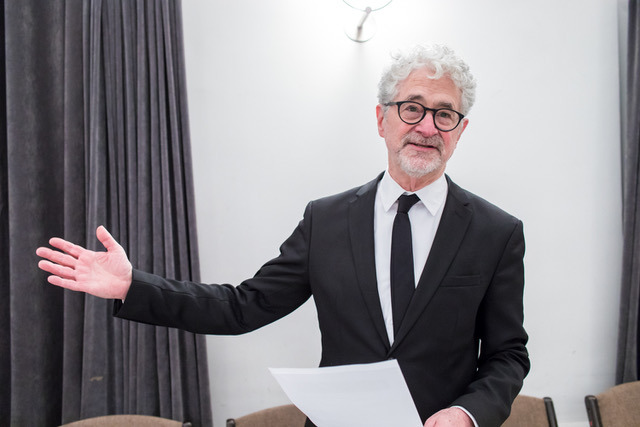 Edward Serotta is a writer, photographer and filmmaker who, since 1985, has specialised in Jewish subjects in Central and Eastern Europe. He has published four books on the subject and produced four documentary films for ABC News Nightline. As a journalist, he covered the revolutions of 1989 and the Bosnian war, 1993-1995. In 2000, he founded Centropa, a Jewish historical institute that combines oral histories with old family photographs.
Edward Serotta is a writer, photographer and filmmaker who, since 1985, has specialised in Jewish subjects in Central and Eastern Europe. He has published four books on the subject and produced four documentary films for ABC News Nightline. As a journalist, he covered the revolutions of 1989 and the Bosnian war, 1993-1995. In 2000, he founded Centropa, a Jewish historical institute that combines oral histories with old family photographs.
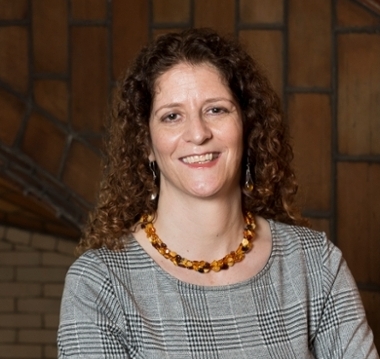
The event will be moderated by Michal R. Friedman, Jack Buncher Professor of Jewish Studies, Carnegie Mellon University
Sponsored by the Jack Buncher Endowed Chair in Jewish Studies, Department of History, CMU.